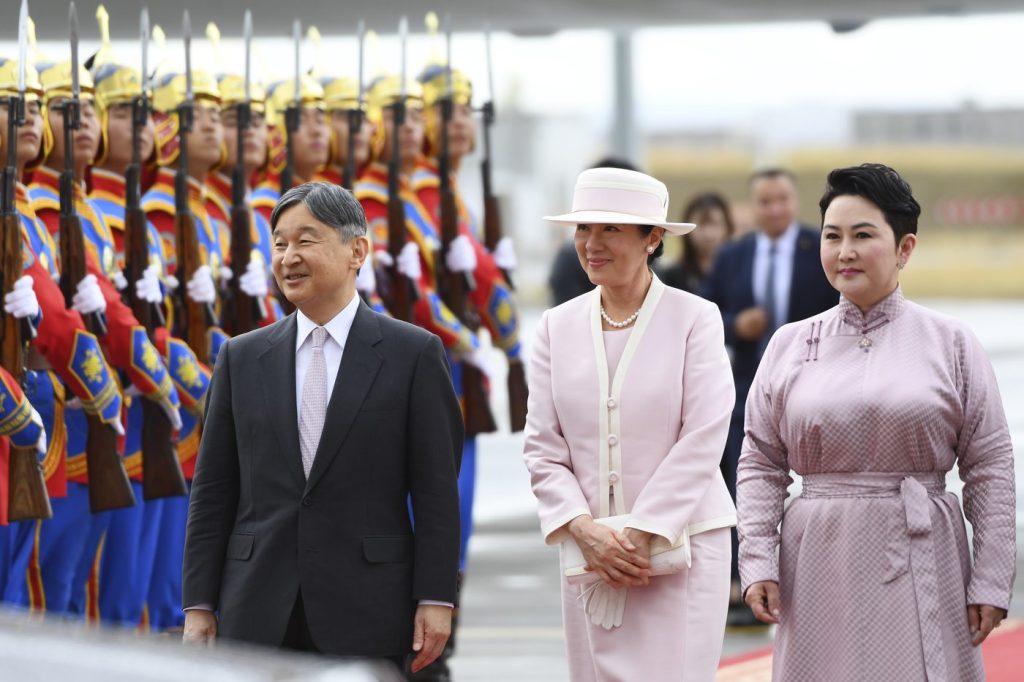TOKYO (AP) – Japan’s Emperor Naruhito commenced a weeklong visit to Mongolia on Sunday, aiming to pay tribute to the thousands of Japanese prisoners of war (POWs) who endured severe conditions during World War II in the country. This visit is significant, as it coincides with the 80th anniversary of the conclusion of WWII, a pivotal moment in history.
Emperor Naruhito’s trip is part of a broader initiative to remember and honor those who suffered during the war. In recent years, the emperor has visited key sites of historical significance related to Japan’s wartime experiences, including Iwo Jima, Okinawa, and Hiroshima. Through these visits, he has expressed his commitment to atonement and remembrance, acknowledging the tragedies associated with the war waged under his grandfather, Emperor Hirohito.
During WWII, while most Japanese soldiers found themselves in Siberian camps, approximately 12,000 to 14,000 were captured and detained in Mongolia, which fought alongside the Soviet Union against Japan. The majority of these POWs were subjected to grueling labor, contributing to the construction of significant infrastructure for the Mongolian government, including the capital’s main government headquarters, a university, and a theater, all of which are still in existence in Ulaanbaatar. The conditions faced by the prisoners were dire, characterized by physical hardship and limited food supplies. Historical records indicate that about 1,700 Japanese POWs lost their lives during their imprisonment in Mongolia.
Emperor Naruhito poignantly remarked on the occasion, “As we mark the 80th anniversary of the end of the war this year, we should never forget the pain and sorrow of the people. I believe it is important to not forget those who died, deepen understanding of the wartime past, and to nurture the peace-loving heart.” These words reflect his deep sense of responsibility and the importance he places on fostering a legacy of peace and reconciliation.
This isn't Naruhito's first visit to Mongolia; he had previously traveled there as crown prince in 2007, highlighting ongoing efforts to enhance Japan-Mongolia relations as well as his commitment to historical remembrance. His current visit underscores a continued dedication to addressing the complex narratives of war and the shared understanding that underpins current diplomatic relations.











